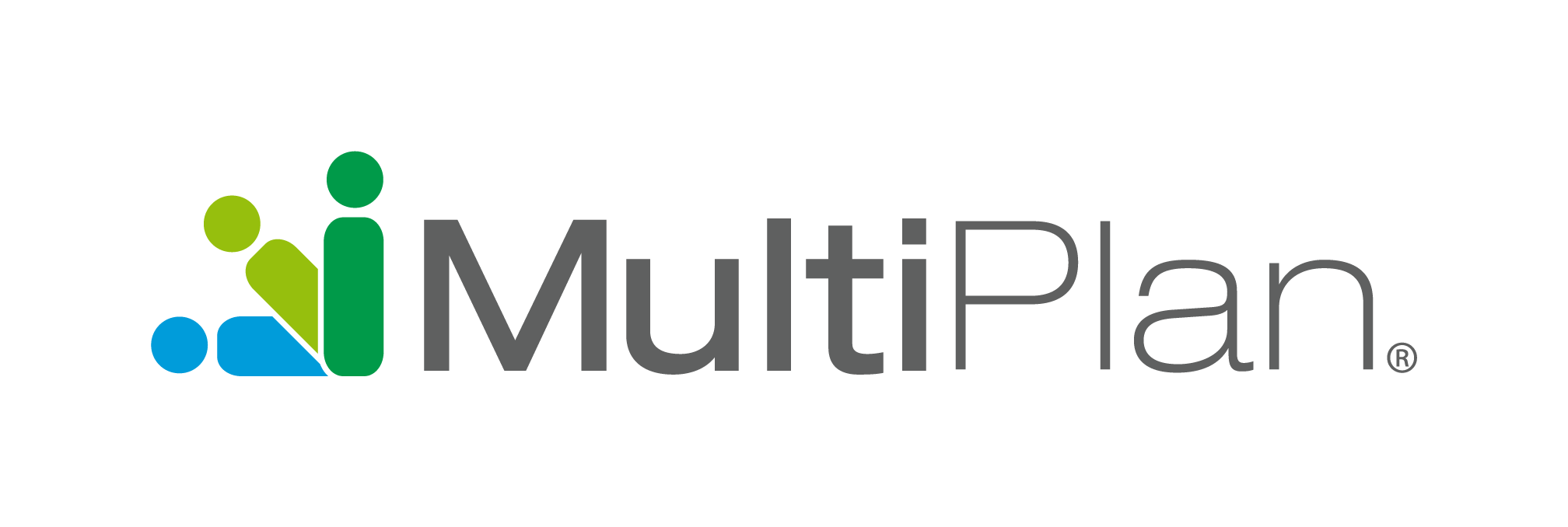Medicare Advantage members with End-Stage Renal Disease (ESRD) account for a disproportionate amount of medical expenses. Experience shows that health plans are underpaid an average of $50,000 in CMS premiums for each misidentified or inappropriately documented ESRD member. Correcting inaccuracies and ensuring accurate submissions to Centers for Medicare and Medicaid Services (CMS) help plans restore millions in underpaid premium dollars.
We take an innovative approach to ESRD premium restoration, combining the benefits of machine learning and human intervention to help our clients identify and restore premium dollars for this costly care.
Machine learning in ESRD at MultiPlan
Human intervention and subject matter expertise play a significant role in identifying ESRD patterns. However, there are limitations to what the human brain can accomplish. Machine learning can analyze data at massive scale while maintaining less bias and greater precision.
Moreover, machine learning can extract patterns to make predictions about the future—and can do so expertly and much more quickly than a human being. The machine then continues to learn, more readily adapting to changes in the data and identifying new patterns on its own.
Our ESRD analysis involves reviewing a member’s treatment and health history, analyzing more than 70 dimensions for each health plan member to identify whether they may qualify for an ESRD status. Our subject matter experts use their years of expertise to create a general idea of the patterns that might be used to evaluate the data. Machine learning tools can use those patterns, but in a highly optimized way. The machine can take into account relative and optimal weighting of patterns to identify which are more important or lead to a more probable case of ESRD.
Once patterns and data dimensions are identified, we then rely on machine learning to isolate provider input errors and attempt to identify the initial onset of ESRD treatment. Our machine learning tools are also adept at filtering out false positives that we might have missed otherwise.
The value of machine learning to the health plan
While machine learning forever changes the way we analyze data, it begs the question as to how this helps the health plan. Essentially, machine learning helps us restore premium dollars by automating our evaluation of a plan’s ESRD data, conducting this analysis quickly, efficiently, accurately, and cleanly. Benefits include:
- Greater efficiency: Our machine identifies high-value members at a greater scale more quickly than with human analysis alone
- Improved analysis: Our technology determines patterns and data dimensions that wouldn’t otherwise be found
- Predictive analytics: Machine learning helps identify the factors that indicate a high probability that a member has ESRD
- Forward-thinking approach: We configure the machine to continue to learn on its own and evaluate data well into the future
Trust your ESRD Premium Restoration to MultiPlan
MultiPlan is proud to be at the forefront of innovations in data analysis technologies for health plans. By combining our many decades of experience and subject matter expertise with machine learning, we achieve great success in ensuring accuracy in the premiums paid by CMS to our health plan clients.
Learn more about how MultiPlan’s Revenue Integrity Services can help you restore and protect your premium dollars, potentially adding millions to your bottom line.
Previously published on the former Discovery Health Partners website.

